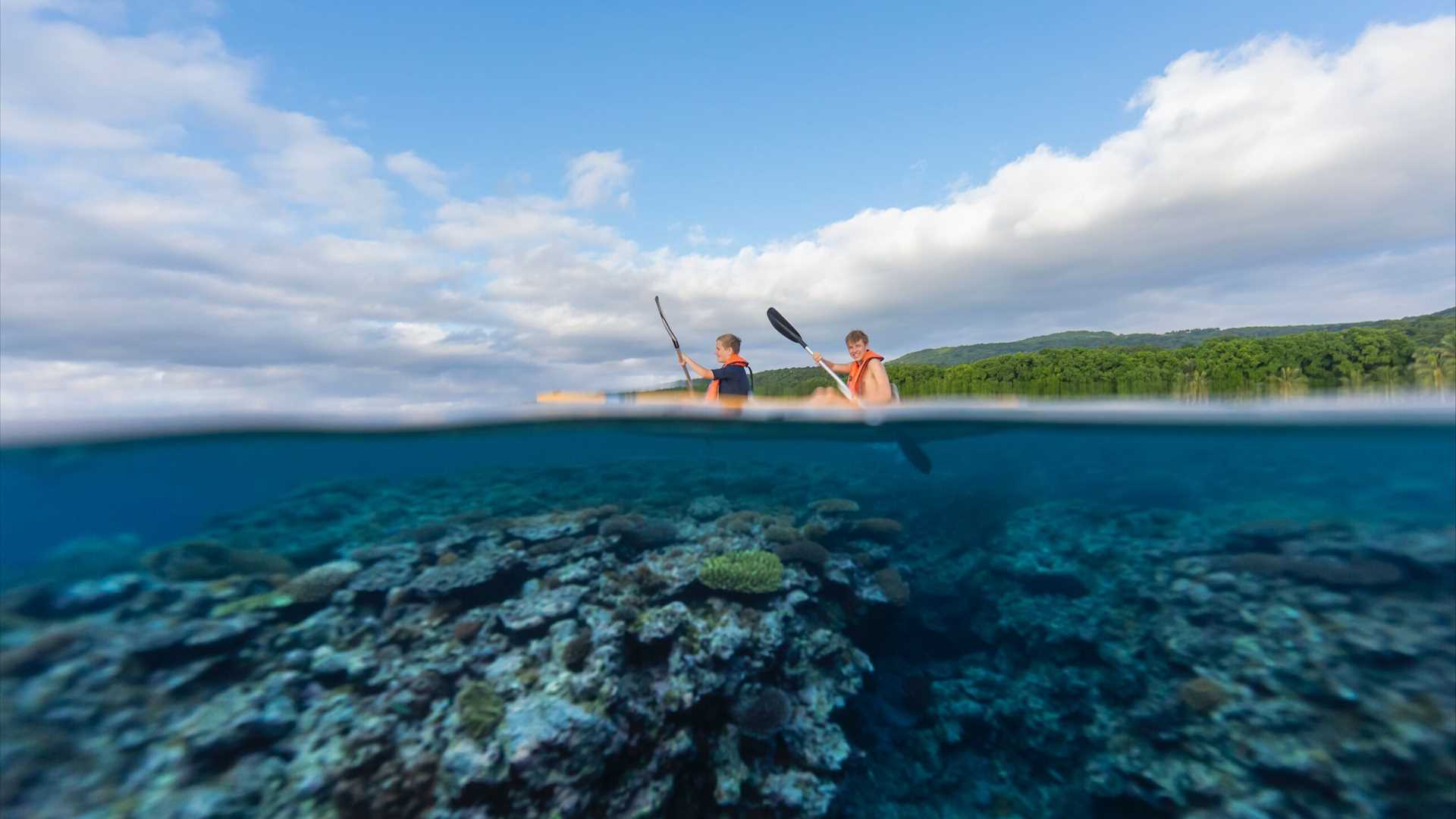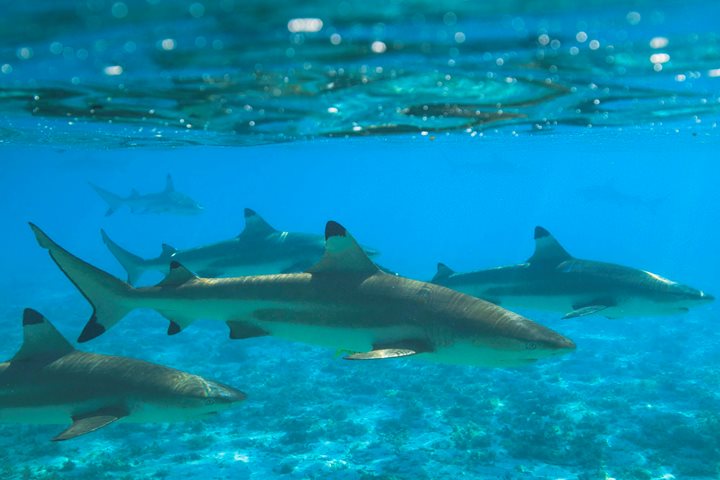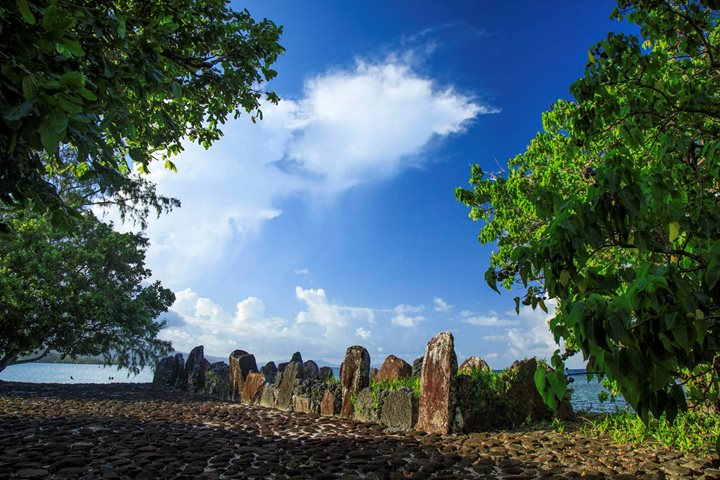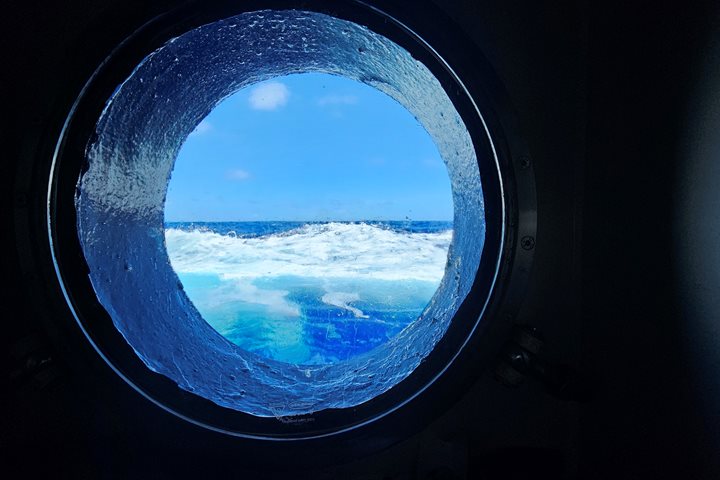Futuna is a small island located in the Wallis and Futuna archipelago in the South Pacific. The island’s long history dates to prehistoric times. According to archaeological evidence, the island was first settled by Polynesians around 2,000 years ago. These early settlers were skilled navigators who arrived in large canoes and established a complex society based on agriculture and fishing. In the 16th century, European explorers, including the Dutch and the French, began to visit the island. However, it wasn't until the late 19th century that the island was formally colonized by France. Present day, Futuna is a French Overseas Collectivity, which means that it is part of France and governed by French laws and regulations. The island has a population of around 3,500 people and is known for its traditional culture and beautiful natural scenery.
National Geographic Orion spent the entire day exploring the island of Futuna. After breakfast, guests were welcomed by a traditional warrior dance and treated to an assortment of fresh local fruits from the island. After the welcome, guests walked around and visited traditional thatched houses. Called fale or api nofo, these houses are usually oval or rectangular in shape with rounded ends. Although modern-style houses have been around for a long time, islanders still build traditional, wood-framed houses.
The afternoon was dedicated to all things beach and water! Kayaks and standup paddleboards were available as conditions were ideal, and the water was calm as could be. Snorkeling from the beach to the outside reef was enjoyed, as were tours in the glass-bottom boat. Divers had an opportunity to take a plunge to explore the healthy outside reef. After all was said and done, a beautiful sunset concluded our day on Fortuna. National Geographic Orion weighed anchor for its next destination, the volcanic isles of Fiji.







